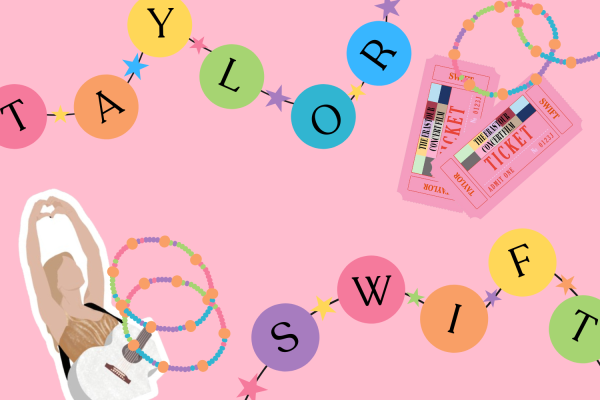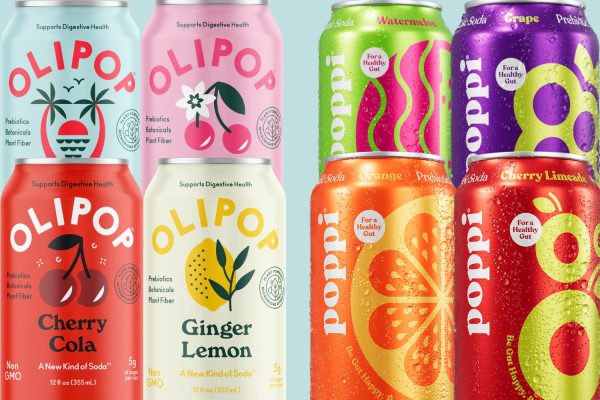Consumerism discounts holiday spirit
Too often, holidays are overshadowed by their commercial implications. Americans spent nearly $692 billion during the November and December holiday season last year, according to the National Revenue Federation.
According to the National Retail Federation, Americans spent nearly $692 billion during November and December in 2017 for the holidays, and that leads us to an important and pressing question: why?
Is it in an attempt to mark the intangible with something palpable – to demonstrate what is conceptual, like love and friendship, with something that can be touched? A child holds onto a new toy because the feeling of receiving something precious can be intense, ephemeral and perhaps even be mislabeled as “happiness” – but the amount of money it took to procure an item cannot be equated to the amount of love it was meant to convey.
And yet, with the holiday season already in traction, it seems that the intent behind these once intimate celebrations has become lost in its own good intentions.
This transgression is visible in plastic storefront winter displays, which seem to pop up earlier and earlier each year. It’s laced in car commercials capitalizing on “holiday spirit” to increase sales. It’s inherent in the shopping incentives, excessive decorations and price games that reinforce consumption rather than human interaction.
We give gifts because sometimes words cannot effectively communicate how much we care – but nurturing a culture that opens their wallets when asked to show someone how they feel not only undermines our feelings of closeness to others, but stains holiday generosity with a kind of gift-getting greed.
In that vein of thought, let’s examine the holiday spirit.
From November, a time meant to bring family and friends together to break bread and express gratitude, Thanksgiving is overshadowed by its commercial sister Black Friday and its teenage daughter Cyber Monday. I’m glad we can all collectively bond over discounted merchandise, but instead of coming together as a people, we stand in line for whole days to claw our way past fellow humans in the name of materialism.
In December, filled with song and the desire to hold people close as the year comes to an end, stores cash in on nearly every aspect of celebration. Media is clogged with product placement and guilt trips, desperate to show you how their product is perfect for the people in your life. Parents, only wanting to make beautiful memories, photograph costumed strangers holding their kids … and pay money for the privilege. Lights frame the outside of houses, and wrapped boxes fill the inside, but the true warmth of winter holidays comes from the time spent with those who love you – not the things their money bought.
Then after a New Year’s characterized by alcohol, bright explosions and false promises of self-improvement comes Valentine’s Day. Here’s another chance to buy chocolate, flowers and jewelry – just like Halloween, Easter and a slew of other commercially significant but emotionally confused annual markers. The National Retail Federation anticipates America will spend $19.6 billion to make February romantic next year.
So, why do we celebrate?
Holidays are important. They interrupt our daily monotony with something pleasant to enjoy. Dressing up, sharing with others and enjoying something different isn’t bad – but holidays aren’t fodder to clear store shelves, and they aren’t ammunition for big names and corporate giants to reach further into the consumer’s bank account.
We don’t have to be confined to these rigid, price-based means of participating in holiday events. It is within no one person’s ability to determine the “right” way to celebrate, just as there is no “correct” way to express to someone that you care.
The next time you feel like celebrating, think not about what you’re paying, but what you’re saying. Make a card, not to spite Hallmark, but to remind yourself that you can use your own words, too. Holidays are not about objects; they’re about time. They’re about memories.
They’re about opening your heart, not your wallet.
Happy Holidays.













